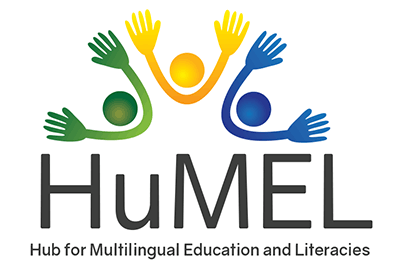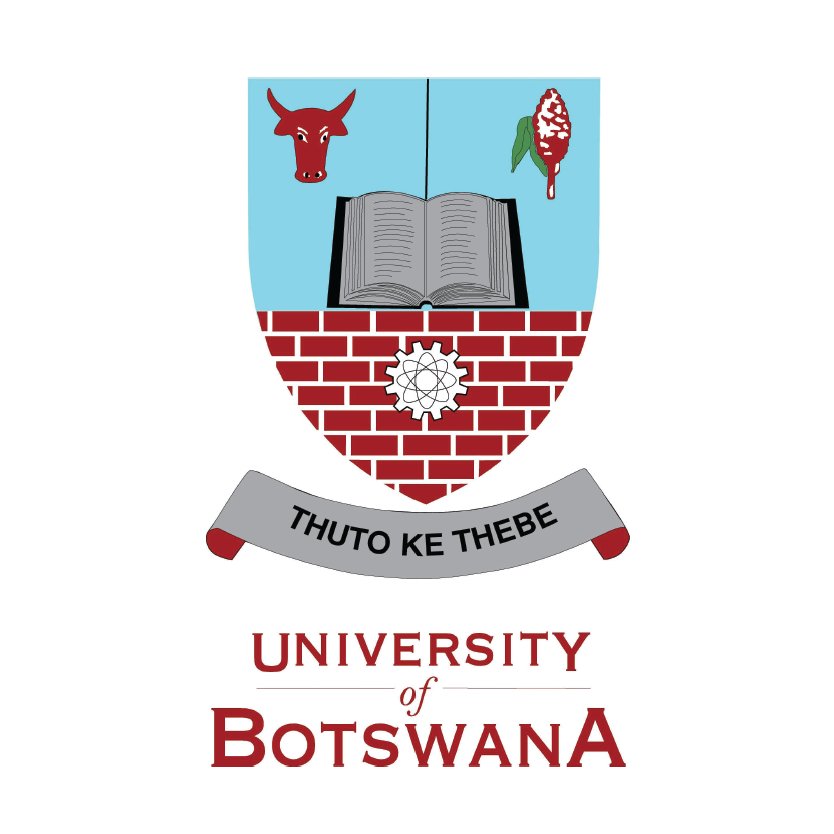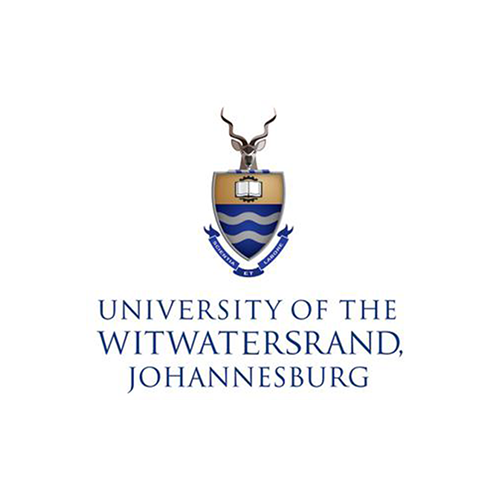The Upanzi Network partners with engineering research labs across the continent to create nodes. Each university partner lab has received a one-year seed grant for up to $50,000 USD for a research project related to the goals of the Upanzi Network.
Al Akhawayn University
Digital Transformation Lab
About
The rapid advancement of digital technologies presents a unique opportunity to enhance the efficiency, transparency, and inclusiveness of public services. Recognizing the critical role that digital transformation can play in modern governance. A specialized lab will be created within the School of Science and Engineering at Al Akhawayn University dedicated to advancing public digital transformation.
Objectives
The primary objective of the Digital Transformation Lab is to serve as a center of excellence in research, innovation, and capacity building, focusing on the digital transformation of public services. The lab aims to:
- Develop and implement innovative digital solutions for public administration.
- Foster interdisciplinary research and collaboration in areas such as AI, big data, cybersecurity, and cloud computing as they apply to public services.
- Provide training and capacity-building programs for government officials and other stakeholders.
- Engage with local communities and stakeholders to ensure that digital transformation initiatives are inclusive and responsive to local needs.
University of Botswana
Addressing Agribusiness Challenges through Internet of Things Systems Research, Skills Building and Product Development in Botswana
Principle investigator
- Sajid M. Sheikh
Associate Professor and Head of Department in the Department of Electrical Engineering
Faculty of Engineering and Technology, University of Botswana
Affiliated researchers
- Kumbirayi Nyachionjeka
Lecturer, University of Botswana - Olebogeng Bone Kobe
Mphil Student, University of Botswana
About
Farmers in Botswana face many challenges such as:
- Farm management: Most farms are far from the city and farm management becomes challenging. It is hard to travel long distances. If soil nutrient and quality needs to be tested to determine the type of fertilizers to you, samples from different areas of the farm need to be taken and sent to the soil testing laboratory which is in Gaborone.
- Animal theft: Many animals get stolen when they go out for grazing. Some animals such as specific goat breeds such as Boer Goats and cattle have high value. This is a big loss to the farmer if they get stolen. Hence, there is a need to be able to track these animals.
- Animal health: When one animal gets infected, it is a danger to other animals as the disease can spread. If not removed from the herd on time, the infection can spread. There is a big need to separate the animal on time from the heard. Hence, there is a need for an early detection for any infection.
- Water: Many farmers use borehole for water. Water is needed in toilets for farm workers as well for the farm to be hygienic. Some farmers use JoJo tanks to fill up the water and use it. There is a need to monitor water wastage as water wastage can increase the farm management cost.
- Vaccination: Vaccines need to be stored in refrigerators so that they don’t get spoiled. Also, vaccination records for the different animals need to be kept.
Smart Internet of Things (IoT) Innovative products have the potential to address some of Botswana’s farmers problems and make farm management more efficient.
The University of the Witwatersrand
Enhancing Multilingual Education through Digital Public Infrastructure

Principle investigator
- Leketi Makalela
Director of the Hub for Multilingual Education and Literacies (HuMEL)
University of the Witwatersrand
Research labs
- The Hub for Multilingual Education and Literacies (HuMEL)
- The Games, Artificial Intelligence and Culture (GAIC) Lab
Affiliated researchers
- Olu Randle
Lecturer Game design and lead researcher
GAIC Lab, University of the Witwatersrand - Ntsoaki Mokala
Senior Lecturer in Multilingual Pedagogies
HuMEL, University of the Witwatersrand - Busisiwe Sibisi
Research Assistant in Digital Education - Mariyeni Matariro
Lecturer in Multilingual Pedagogies
HuMEL, University of the Witwatersrand - Angus Davidson
Technical Support
School of Art, University of the Witwatersrand
About
The education system in South Africa has implemented translanguaging as a learning and teaching strategy, resulting in many local universities also incorporating multilingual pedagogies as their principal strategy. This is the future of the African education system; however, the implementation of interactive technological affordances is necessary for its realization. As a result, The Hub for Multilingual Education and Literacies (HuMEL) and the Games, Artificial Intelligence and Culture (GAIC) labs at the University of the Witwatersrand (Wits) have joined forces to advance technology-driven multilingual learning.
There is an opportunity to use multilingual learning as a tool to address social and educational limitations, as well as promote digital transformation in various formats. However, in order for this to occur, there must be an environment that offers indigenous multilingual resources for students in a playful and exciting way to keep them engaged. This can be achieved using digital platforms, such as virtual reality environments and nonplaying characters that offer multilingual education using extensive language models that incorporate low-resource languages, such as African languages. This innovative technology will not only support teacher education but also provide lecturer support by utilizing chat boxes.
Objectives
- To develop a multilingual digital and immersive platform for initial teacher education and in-service teacher/lecturer support.
- To implement translanguaging strategies in digital and immersive learning environments across various African educational contexts.
- To evaluate the effectiveness of digital tools such as video games, virtual environments and digital learning platforms in promoting multilingual pedagogies and improving academic literacy.
Become a network member
Contact the Upanzi Network at upanzi@andrew.cmu.edu.


